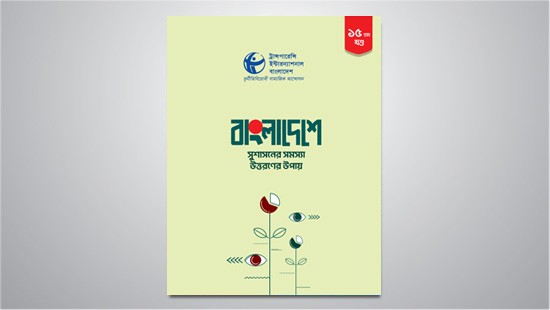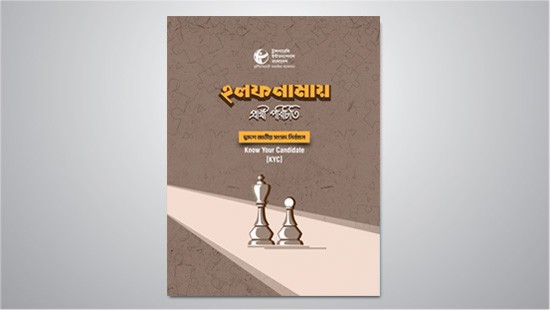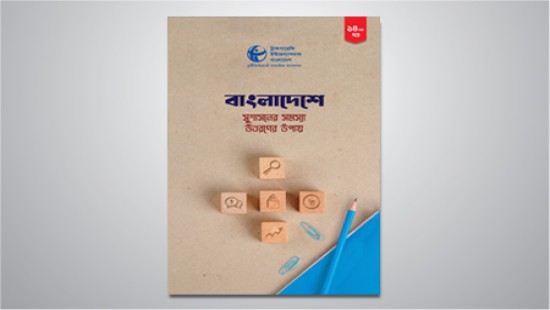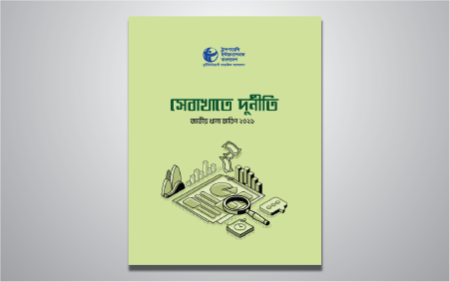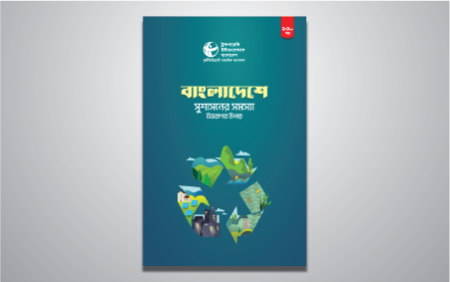Published: 28 February 2017

Transparency International Bangladesh (TIB) has been working with the mission of catalysing an effective and sustained social movement against corruption in Bangladesh. To this end, it has been conducting research and undertaking advocacy initiatives focusing on challenges of good governance in various institutions in both public and private sectors that are considered important for the lives and livelihoods of ordinary citizens, particularly the poor and the marginalised.
The readymade garment (RMG) sector of Bangladesh, the leading private sector that employs more than 4 million workers and accounts for a large share of the country’s total export, suffers from different governance challenges. Although encouraging initiatives have been undertaken by the government and other stakeholders, particularly in response to the tragic Rana Plaza disaster in 2013, allegations of irregularities and non-implementation or abuse of laws meant for ensuring workers’ rights continue. Solicitation of bribes and extortion allegedly prevail at various stages of the supply chain. Given that transparent compliance and accountability in every stage of supply chain are key to establishing better governance and preventing corruption in this sector, it is highly important to identify and analyze roles and responsibilities of each of the relevant actors and stakeholders in the supply chain.



